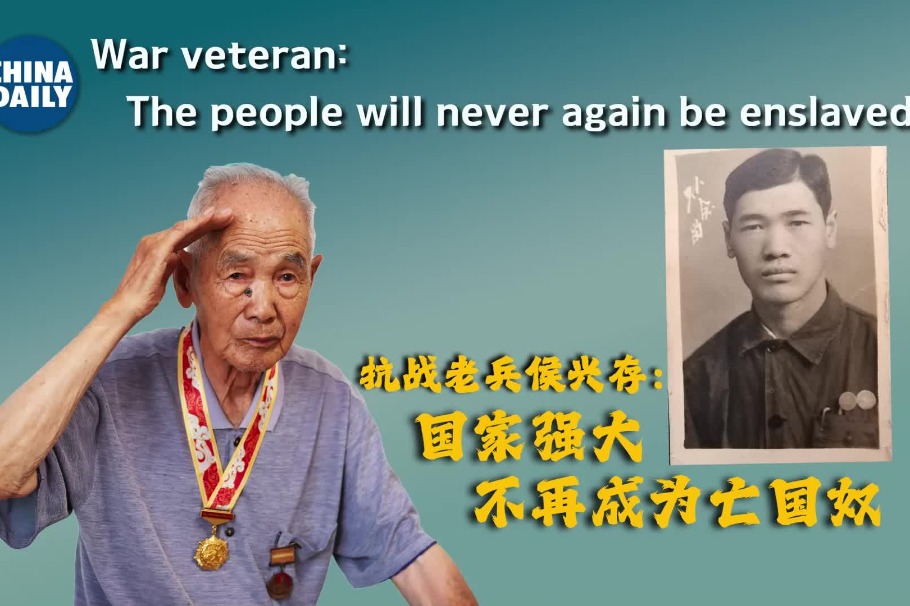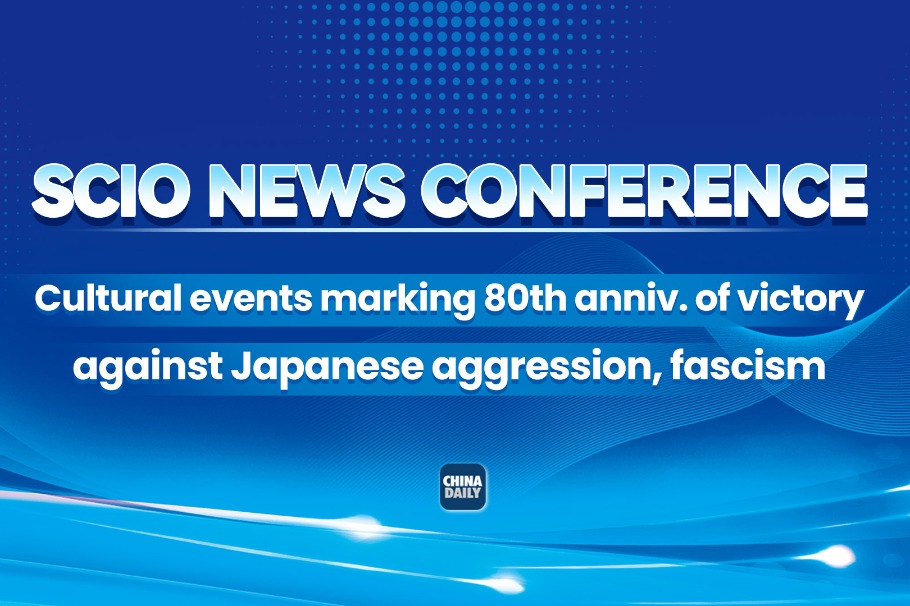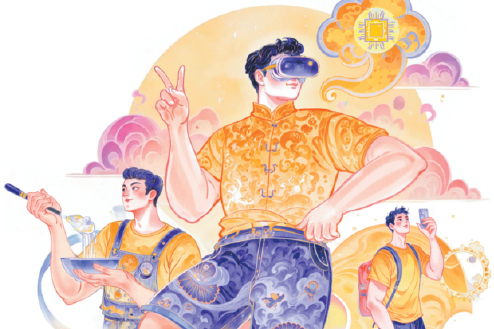Dividend of giving


Chinese philanthropists could help enhance foreign understanding of China by sponsoring programs for foreign students
If you visit Harvard or Stanford, you will find many Chinese tourists shopping for souvenirs at the Harvard Coop or waiting in front of Stanford's Memorial Court for the Stanford tour. This reflects many Chinese parents' academic dreams for their children.
Harvard and Stanford are private universities with over $40 billion and $28 billion respectively in endowments, larger than the GDP of many developing countries. In spite of their robust financial foundation, these universities continue to be inundated with massive donations, with donors queuing to do more. Harvard received close to $100 million from Chinese donors from 2013 to 2019. Yet this has not prevented Harvard from giving Asian applicants low ratings on personality traits.
While some donations are meant to support a particular education program or the donor's alma mater, others are clearly intended to smooth the admission of the donor's children into an elite school. In 2019, a Chinese mother paid $6.5 million to Stanford through an admissions adviser hoping to ensure her child's acceptance. It's no secret that similar attempts have been made by other Chinese parents.
Top universities such as Harvard and Stanford deserve public recognition and support to maintain their excellence as their graduates are more likely to reach leadership positions in the various professions and government. However, among the top 100 CEOs of the Fortune 500 companies, many of them graduated from state universities and very few CEOs attended Harvard or Stanford.
This seeming anomaly is repeated in China. Jack Ma, co-founder of Alibaba, graduated from Hangzhou Normal University in 1988. Pony Ma, founder of Tencent, graduated from Shenzhen University in 1993.
This phenomenon may seem baffling, but on closer examination, one can see that a would-be CEO receives a far more useful and realistic experience by mingling with ordinary people, and gets to understand their needs and aspirations better, than with an elite class of contacts. This exposure to different social economic classes of students in an average university can prepare a person to become a more sensitive observer and inclusive leader. To develop future leaders in China and elsewhere, Chinese philanthropists should rethink and re-prioritize the way they donate their money.
I learned a lesson from a very observant philanthropist-Hong Kong shipping tycoon Frank Tsao and the way he apportions his donations to institutions of higher learning. I had the privilege of accompanying him to visit Zhejiang province in 2004.Despite his wealth, social position and numerous awards, he was humble and unassuming. He treated me as a friend on equal terms, and even discussed his plan to leave his legacy on the mainland and in the Hong Kong Special Administrative Region.
As a leader in the shipping industry, Tsao wanted to support maritime education on the Chinese mainland and in Hong Kong. He also knew that his donations could create a much bigger impact at lower tiered schools with limited financial means. Whenever we visited an institute or university on the mainland, he insisted on eating with students in the canteen instead of having a fancy banquet at a five-star hotel hosted by top university administrators. He made this unusual request because he wanted to interact with the students directly in order to understand their needs and hopes. Indeed, we did learn a lot from the students over our many less than 10 yuan ($1.56) cafeteria meals in different university canteens.
In the end, Tsao made various gifts to support maritime education at different universities including Dalian Maritime University, Dalian University of Technology, Shanghai Maritime University and Hong Kong Polytechnic University. Interestingly, donating his money was only the first step. To ensure his funds were used properly and cost-effectively, he requested progress reports from his beneficiary universities, and he met with some student beneficiaries to discuss their progress. He taught me that you can trust, but you need to verify.
Tsao's hands-on philanthropic activities have inspired me to follow in his footsteps. From the perspective of those rich universities such as Harvard, a modest donation will be less than a drop in the ocean. However, a modest donation can make a bigger difference to the under-privileged students at little-known state universities and community colleges.
As a strong believer in the power of cultural understanding, I provide partial support for students at a state university in the United States who spend a semester to study on the Chinese mainland, in Hong Kong, or Singapore. This way, each recipient will be more committed because they have skin in the game. I also meet with these students when I visit Asia to learn about their progress and living experience. I hope my modest donation can give these students a true understanding of other cultures and be less easily swayed by politicized social media and demagogic politicians.
Chinese philanthropists should through their donations help enhance foreign understanding of China by sponsoring programs for foreign students in the study of Chinese and various Asian cultures. Imagine the impact of these future "ambassadors" in the coming Asian century. At the minimum, we can expect that more understanding means less conflict. And less conflict means more opportunities for economic development.
The bottom line is that apart from the fact that education is the greatest social equalizer, and the most effective tool to lift oneself out of poverty, it is also the surest way to make our world a better place by enhancing mutual understanding between different cultures, races and ethnicity. It is the greatest bargain on Earth.
The author is a distinguished professor at the UCLA Anderson School of Management. The author contributed this article to China Watch, a think tank powered by China Daily. The views do not necessarily reflect those of China Daily.


































